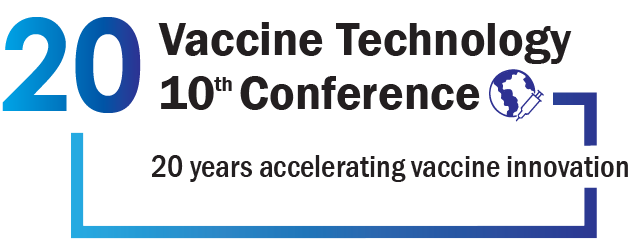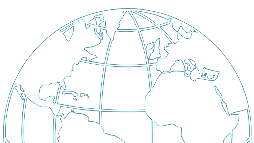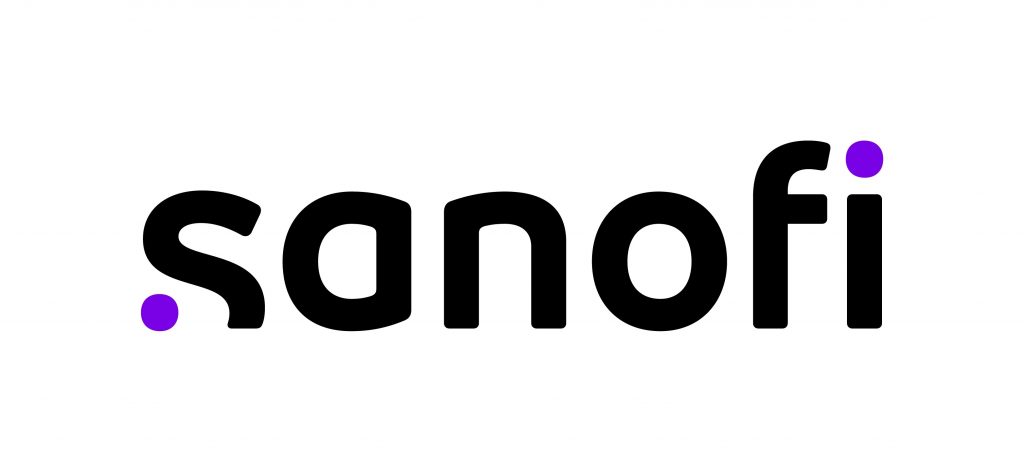An ECI Conference Series


Photo by Nick Karvounis
April 12-17, 2026
Porto, Portugal
About This Conference
Join us at 2026’s premier event, where science, technology, and global collaboration converge to shape the future of vaccine innovation. This transformative conference will bring together leaders in academia, industry, government and not-for-profit global health organizations to explore groundbreaking advancements and their real-world applications. From next-generation platforms and nucleic acid-based vaccines to cutting-edge bioprocessing breakthroughs, AI integration, and sustainable practices, attendees will gain unparalleled insights into how the industry is rapidly evolving to meet global health challenges.
Conference Organization
2026 Conference Chairs

Darrin Cowley
AstraZeneca, USA

Tara Tagmyer
PATH, USA

Stephanie Frank
University College London, UK

Nedim Emil Altaras
Moderna, USA
Steering Committee
Barry C. Buckland, NIIMBL, USA
Paula Marques Alves, iBET, Portugal
John G. Aunins, Janis Biologics, USA
Manon M. Cox, Next Wave Bio, USA
Francesc Godia, Universitat Autònoma de Barcelona (UAB), Spain
Amine Kamen, McGill University, Canada
Linda Lua, The University of Queensland, Australia
Charles Jean Lutsch, Sanofi Pasteur, France
Tarit K. Mukhopadhyay, Merck & Co., Inc, USA|
Laura A. Palomares, Instituto De Biotecnologia (UNAM), Mexico
Tara Tagmyer, PATH, USA
Sponsors
Sponsorship Opportunities
Package A: $2,500
- Name of Company on Sponsor List in Program
- Company Logo displayed on screen between sessions
Package B: $5,000
- Half page ad in pdf program
- Name of Company on Sponsor List in Program
- Company logo and link on conference website
- Company Logo displayed on screen between sessions
Package C: $7,500
- Sponsor a Coffee Break
- Full page ad in pdf program
- Name of Company on Sponsor List in Program
- Company logo and link on conference website
- Company Logo displayed on screen between sessions
Package D: $10,000
- Sponsor a Scientific Session or Workshop including brief oral introduction
- Full page ad in pdf program
- Name of Company on Sponsor List in Program
- Company logo and link on conference website
- Company Logo displayed on screen between sessions
Package E: $15,000
- Table of company information (*space limited)
- Sponsor a Scientific Session or Workshop including brief oral introduction
- Company logo and link on conference website
- Full page ad in pdf program
- Company logo displayed on screen between sessions
- Name of company on sponsor list in program
ECI Associate Director Kevin Korpics (kevin@engconfintl.org) (+1-212-514-6760) may be contacted for invoicing and other questions.
Please note that none of the sponsor packages include any free or discounted registrations for attendees from sponsor companies.
Previous Conferences
Vaccine Technology I (2006)
Barry C. Buckland, John G. Aunins, Emilio A. Emini, and Jerald C. Sadoff
Puerto Vallarta, Mexico
Vaccine Technology II (2008)
Barry C. Buckland, John G. Aunins, Paula Marques Alves, and Kathrin Jansen
Albufeira, Algarve, Portugal
Vaccine Technology III (2010)
Barry C. Buckland, John G. Aunins, Paula Marques Alves, and Kathrin Jansen
Nuevo Vallarta, Mexico
Vaccine Technology IV (2012)
Barry C. Buckland, John G. Aunins, Paula Marques Alves, and Kathrin Jansen
Albufeira, Algarve, Portugal
Vaccine Technology V (2014)
Laura Palomares, Manon Cox, John Aunins and Kathrin Jansen
Playa del Carmen, Mexico
Vaccine Technology VI (2016)
Laura Palomares, Tarit Mukhopadhyay, Manon Cox and Nathalie Garçon
Albufeira, Portugal
Vaccine Technology VII (2018)
Amine Kamen, Tarit Mukhopadhyay, Charles Lutsch, Nathalie Garçon
Mont Tremblant, Canada
Vaccine Technology VIII (2022)
Tarit Mukhopadhyay, Charles Lutsch, Linda Lua, Francesc Godia,
Sitges, Spain
Vaccine Technology IX (2024)
Charles Lutsch, Linda Lua, Francesc Godia, Tara Tagmyer
Los Cabos, Mexico
General Information about ECI
Engineering Conferences International (ECI) is a not-for-profit, global engineering conferences program, originally established in 1962 that provides opportunities for the exploration of problems and issues of concern to engineers and scientists from many disciplines.
The format of the conference provides morning and late afternoon or evening sessions in which major presentations are made. Poster sessions will be scheduled for evening discussion as well. Available time is included during the afternoons for ad hoc meetings, informal discussions, and/or recreation. This format is designed to enhance rapport among participants and promote dialogue on the development of the meeting. We believe the conferences have been instrumental in generating ideas and disseminating information to a greater extent than is possible through more conventional forums.
All participants are expected both to attend the entire conference and to contribute actively to the discussions. The recording/photographing of lectures and presentations is forbidden. As ECI conferences take place in an informal atmosphere, casual clothing is the usual attire.
Smoking is prohibited at ECI conferences and conference functions.







